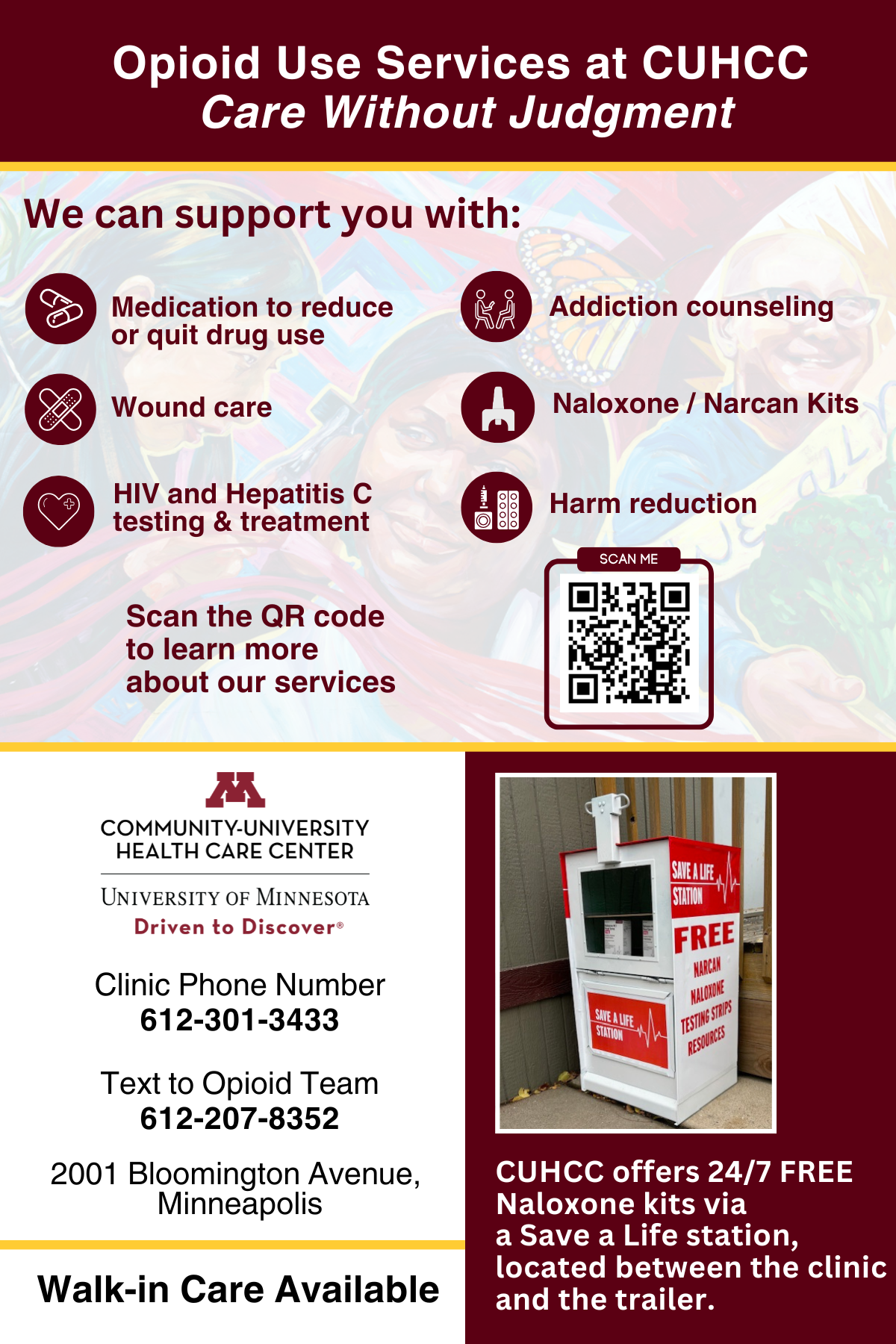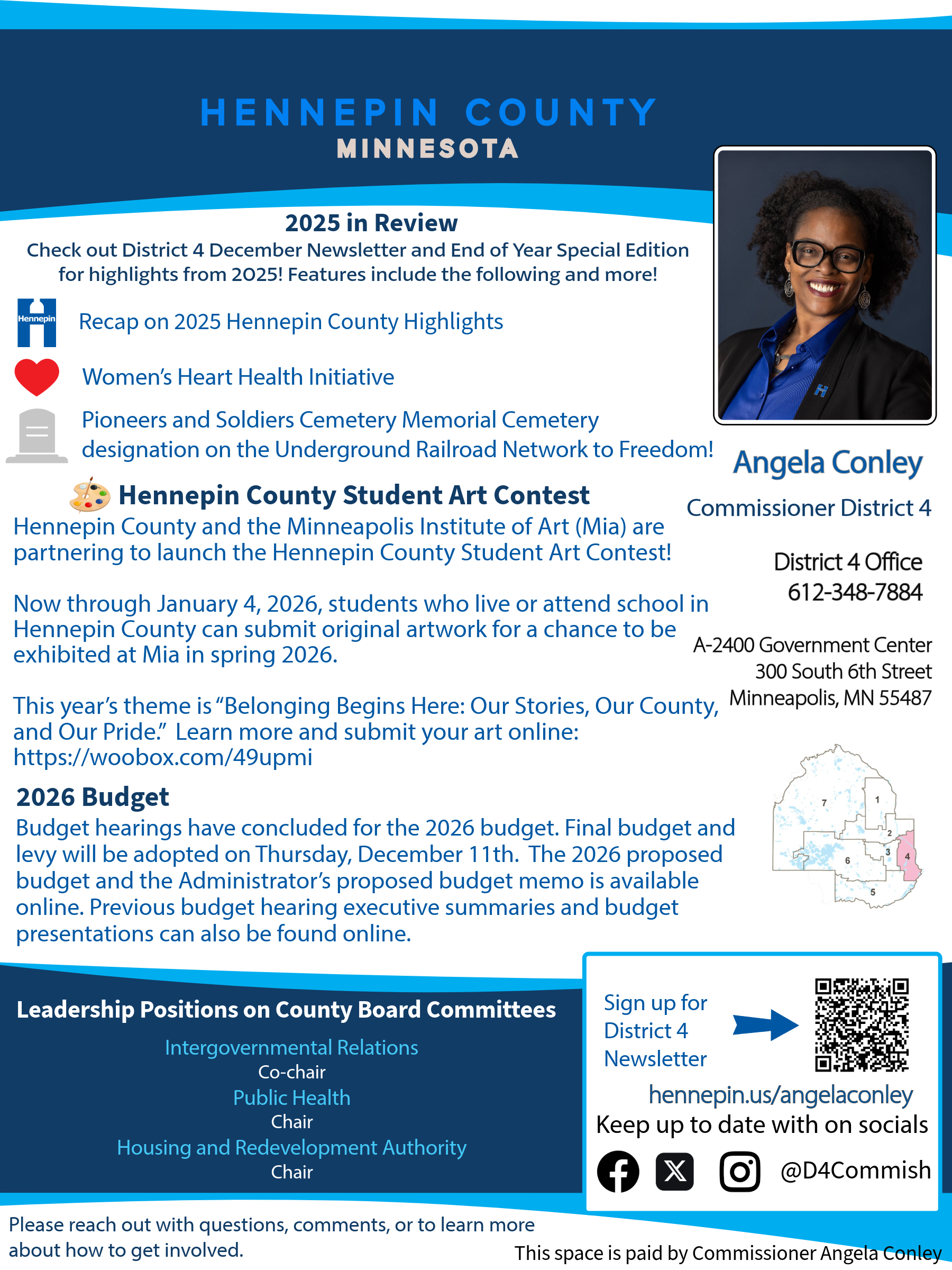
Wizard Marks”' Alley writings are “Bound for the Future” at Libraries.
Wizards Marks left indelible marks (pun intended) with superb articles and extensive investigative reports for The Alley from mid 1980s to 1990s. Her excellent work is now bound within reprinted Alley Newspapers in hard-cover volumes at the Hennepin County Franklin Community Library and the Hennepin County Minneapolis Library.
Wizard Marks 1943-2018
Wizard Maureen Marks was born in Cincinnati, Ohio in 1943 to Elizabeth Ruth Marks Halpin and Vincent Paul Halpin, and raised in a WWII federal housing project called “English Woods.” “It was a ghetto away from other neighborhoods, a ghetto in the woods,” Marks said and “because it was segregated, it was inhabited by hillbillies.”””her people.
Cincinnati is the first major stop north of the Mason-Dixon Line along the Dixie Highway, the main migration route for hillbillies. In those days, federal projects did not allow tenants to paint the walls and no one was to plant flowers or vegetables. These strictures were more effective than anything else in cutting people off from their pasts, since they had always dug and planted, harvested and canned and dried. It made them lonely and disoriented and made the transition to the city harder and meaner. Women embroidered putting their gardens on pillowcases and towels, hankies and tablecloths, blouses and baby bonnets. Treasures were small and portable, skills and feelings and memories were all of a piece and stitched into the fabric of life through these formalities and through genealogies and stories told while sewing and cooking.
“My mother, known as Esse, did beautiful embroidery. However, the women in the family early observed of me that ”˜she handles a needle like it was a hammer.”' I was four when I decided to write.”
At English Woods, Marks was taught to read and write by the “good Sisters of St. Francis.” Later she attended Southern Illinois University where she “studented for too long and sometimes to no purpose.”
In Minnesota, Marks helped organize the first toy-lending library in the state, and later worked for the Metropolitan Transit Commission, and with her “familiar Morgan le Fey, feline” resided in south Minneapolis. “There is a big garden,” she said.
Mark”'s experience as a bus driver has led to THIS IS NOT A REAL BUS, a collection of stories by and about transit workers. Marks also wrote SPEECHES NOBODY INVITED ME TO GIVE.
Remembering Wizard Marks
Words were the symbols of imagery describing life around her. Those same adjectives and phrases convey her eloquence.
BY PAUL WEIR
Wizard Marks was one tough, ballsy Irish broad. A hard-nosed Colleen*. Grew up in Cincinnati, began her college work at (I believe) the University of Cincinnati, cut her teeth apprenticing as a stage manager in New York City, finished her education at St. Kate’s. Was liberal, humane, salty, sentimental, and rude. Her daddy was a race track tout who sold “mary jane” (as she called it) out of his back pocket, and died as he had lived, a penniless mythomane**. He was perhaps the only man she ever loved unconditionally. She came to her lesbian identity somewhat late in life, but she didn’t tiptoe out of the closet; she issued forth like a one woman brass band. She abandoned her Catholicism early on, and professed no formal creed thereafter; but she always retained a Catholic scrupulosity of conscience. Her guilts were manifold, keenly felt, but not very serious. She flaunted her skepticism, yet retained the innocent’s capacity for wonder at the waywardness of others, which meant in practical terms that she was an incurable gossip. She reveled in the English tongue, though her command of it was at moments insecure. She was fluent in the language of abuse, which she directed against friend or foe indifferently, not because she believed what she said, but because it was so much fun to say it. She was a slave to hyperbole, and never, ever let the truth spoil a witty shot or a good story. When friends confronted her with her exaggerations, she always argued that if they weren’t true, they deserved to be. She was complex, sometimes irresponsible, for the most part aware of her flaws, utterly loyal to her friends, and always and ever a dear heart. Sue and I will miss her. A lot.
Wizard”'s “Office” at Cathy”'s Grade “A”
BY DONNA NESTE
In the 1990s I worked part-time at my sister’s breakfast café “Cathy’s Grade A Café (2502 Chicago Ave),” the hang-out for all the neighborhood movers and shakers. Every morning Wizard held court there. She came in around nine o’clock and had breakfast. She then sat there for two hours and drank two or three pots of coffee. One might think that she was doing nothing, but that was not the case. In the age before cell phones, every community leader, politician, or agency person seeking her favor, help or advice knew where to find Wizard at that time of day.










I only learned of Wizards’ passing on. She wa a dear friend of mine. I originally met her at the Wassie Pool at Abbot Northwest Hospital. She was a dear friend of my family. I am heartbroken she is gone. I did not get to say good bye.